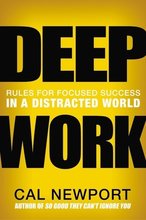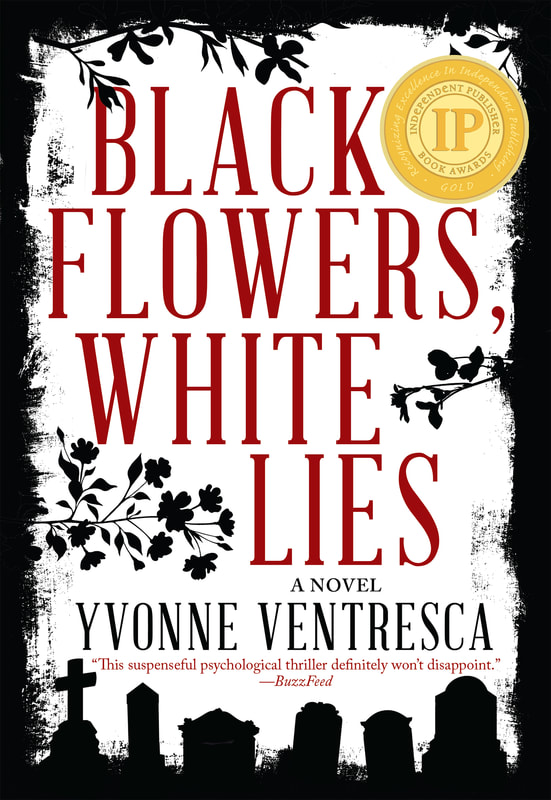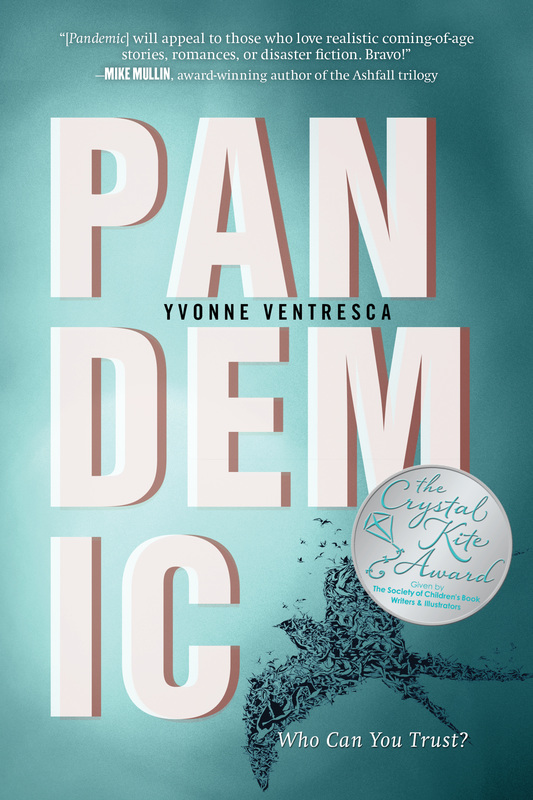
Newport outlines four philosophies (lifestyles?) for creating deep work. One way is to focus on a project to the exclusion of everything else, which isn’t necessarily practical for most people. A second way is to work seasonally, so an academic, for example, could research one semester and teach another.
And ta da! There is a “rhythmic” philosophy, of which Newport says, “…the easiest way to consistently start deep work sessions is to transform them into a simple regular habit. The goal, in other words, is to generate a rhythm for this work that removes the need for you to invest energy in deciding if and when you’re going to go deep.”
Rituals, my friends. I’ve actually come across this answer before, but have somehow failed to successfully implement it. Newport mentions Seinfeld’s chain strategy, for example, which I blogged about in Quick Productivity Tips for Creative People. And I explored rituals during my productivity-themed A to Z Challenge with R is for Routines and Rituals. Obviously I'm not entirely following my own advice. But it’s a new year! Anything is possible!
I hope to explore being a productive writer in other blog posts, but for now I’ll leave you with a quote from author Mason Currey (Daily Rituals: How Artists Work) that was included in Deep Work.
“. . . waiting for inspiration to strike is a terrible, terrible plan. In fact, perhaps the single best piece of advice I can offer to anyone trying to do creative work is to ignore inspiration.”
and if you have any creative rituals that work for you.
Do you wait for inspiration or rely on a routine?









 RSS Feed
RSS Feed